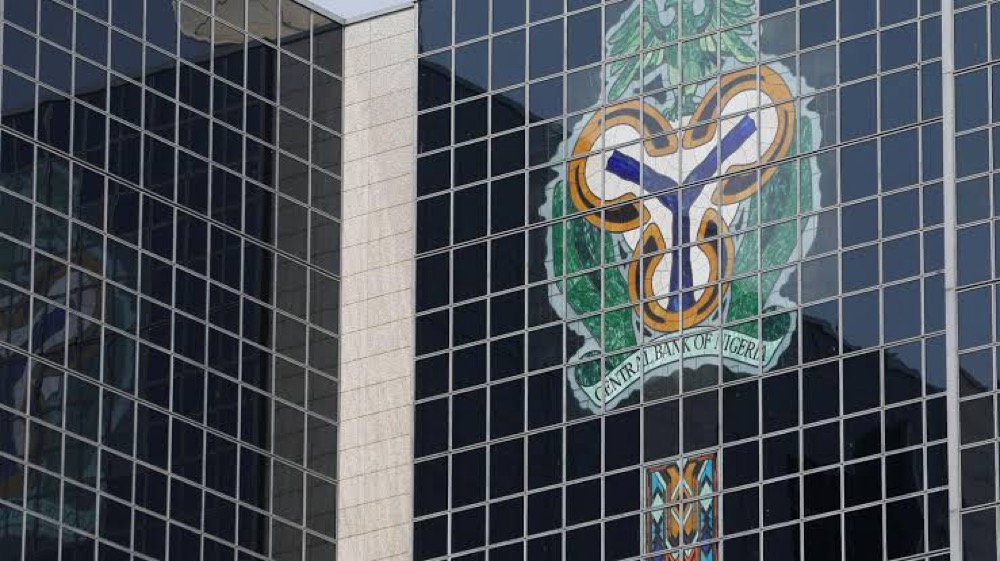…Says FG’s Preference For Eurobond Will Hurt Nigeria’s Economy Soon
The fiscal crisis facing Nigeria may have worsened in the first quarter of this year as the country’s debt service to revenue ratio has risen to 80 per debt.
Advertisement
This is an increase of 400 basis points when compared to the 76 per cent which it was at the end of 2021.
A debt service to revenue ratio of 8 per cent implies that for every N100 earned by Nigeria, N80 is spent servicing debt.
The escalating fiscal sector deficits with the attendant rising debt ratios are part of the weak links in the domestic economic environment.
The poor revenue growth in a period of expanding government expenditures has continued to soar the budget deficit levels in the first quarter of 2022, similar to the trend witnessed in 2021.
Advertisement
Nigeria’s total debt stock as at the first quarter of 2022 had risen to N41.60trn against N39.56trn in December 2021, which represents a N2.04trn increase in a period of three months.
Confirming the development, a member of the Monetary Policy Committee of the Central Bank of Nigeria, Asogwa Chikwendu said in his personal statement made at the last MPC meeting that it was worrisome that the debt structure, is increasing through the accumulation of Eurobonds in the external debt component, while concessionary loans are being minimized.
He said, “As at end 2021, the debt service to revenue ratio was 76.0 percent, but may have jumped to about 80.0 percent by the first quarter of 2022.
“Particularly worrisome about the debt structure, is the increasing accumulation of Eurobonds in the external debt component, while minimising concessionary loans.
“The unexplained government preference of Eurobonds at high interest costs, with the associated exchange rate risk may likely hurt Nigeria sooner than anticipated. Unfortunately, several other African countries are involved in this excessive rush for Eurobonds.
Advertisement
“Already, Nigeria is being mentioned by the IMF as one of the countries that may likely move into debt distress, given the staggering $100.07 billion dollars of public debt stock as at March 31, 2022.
Financial sector.”
The International Monetary Fund had last month warned that except the federal government put in place adequate measures to improve revenue generation, it’s entire earnings may be spent servicing debt by 2026.
The Fund revealed that based on a macro-fiscal stress test that it conducted on Nigeria, interest payments on debts may wipe up the country’s entire earnings in the next four years.
The IMF’s Resident Representative for Nigeria, Mr. Ari Aisen had while speaking at the presentation of the latest Sub-Saharan Africa Regional Economic Outlook, in Abuja expressed worry that many African countries, including Nigeria risk sliding into critical debt servicing problem unless urgent actions were explored to significantly raise revenue.
Aisien had said, “The biggest critical aspect for Nigeria is that we have done a macro-fiscal stress test, and what you observe is the interest payments as a share of revenue and as you see us in terms of the baseline from the federal government of Nigeria, the revenue almost 100 per cent is projected by 2026 to be taken by debt service.
“So, the fiscal space or the amount of revenues that will be needed and this without considering any shock is that most of the revenues of the federal government are now in fact 89 per cent and it will continue if nothing is done to be taken by debt service.
Advertisement
“It is a reflection of the low revenue of the country. The country needs to mobilise more revenue to be able to have macroeconomic stability. It has become an existential issue for Nigeria.
“The war in Europe is hunger in Sub-Saharan Africa and Africa. So, I think we should pay very close attention to this issue.



